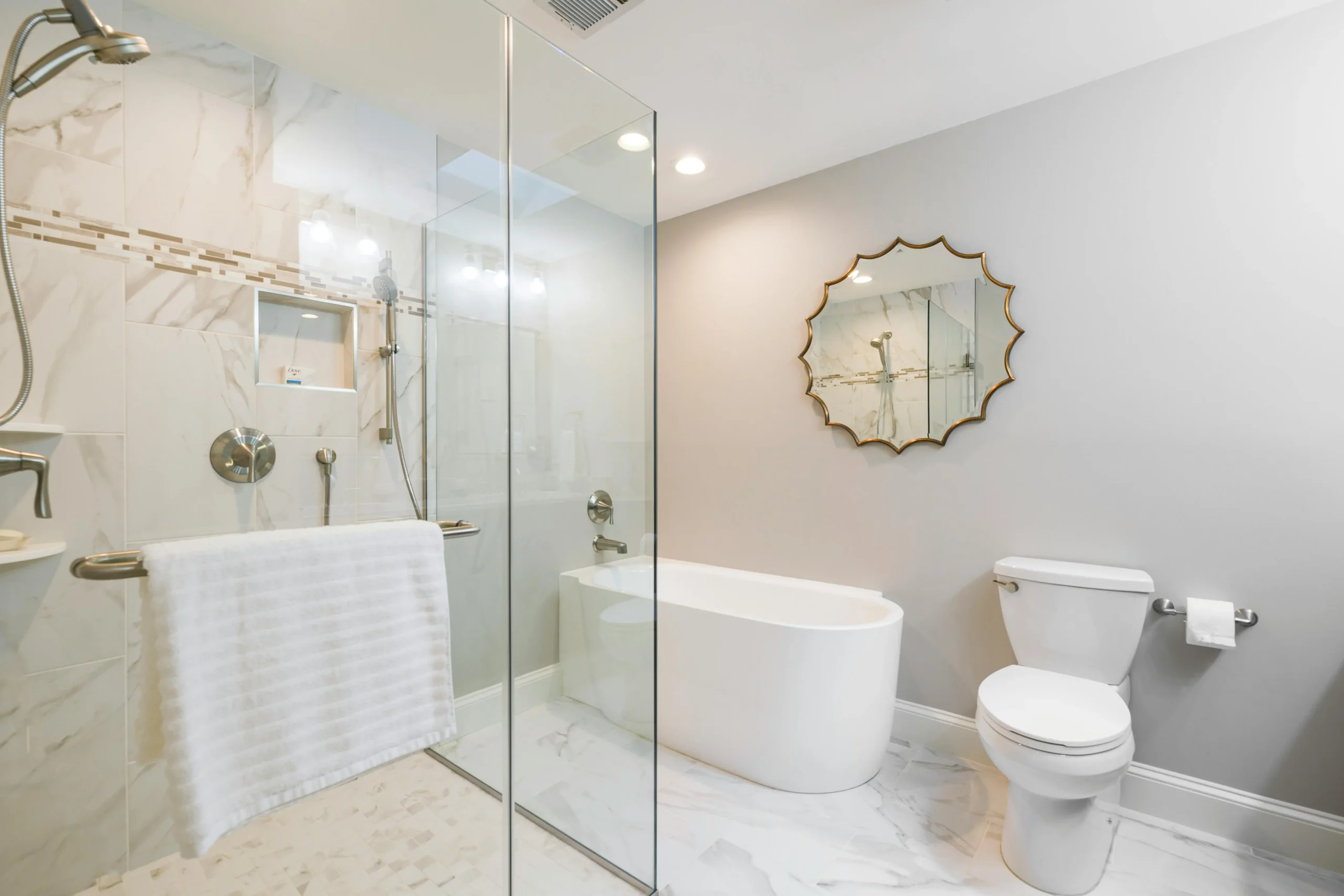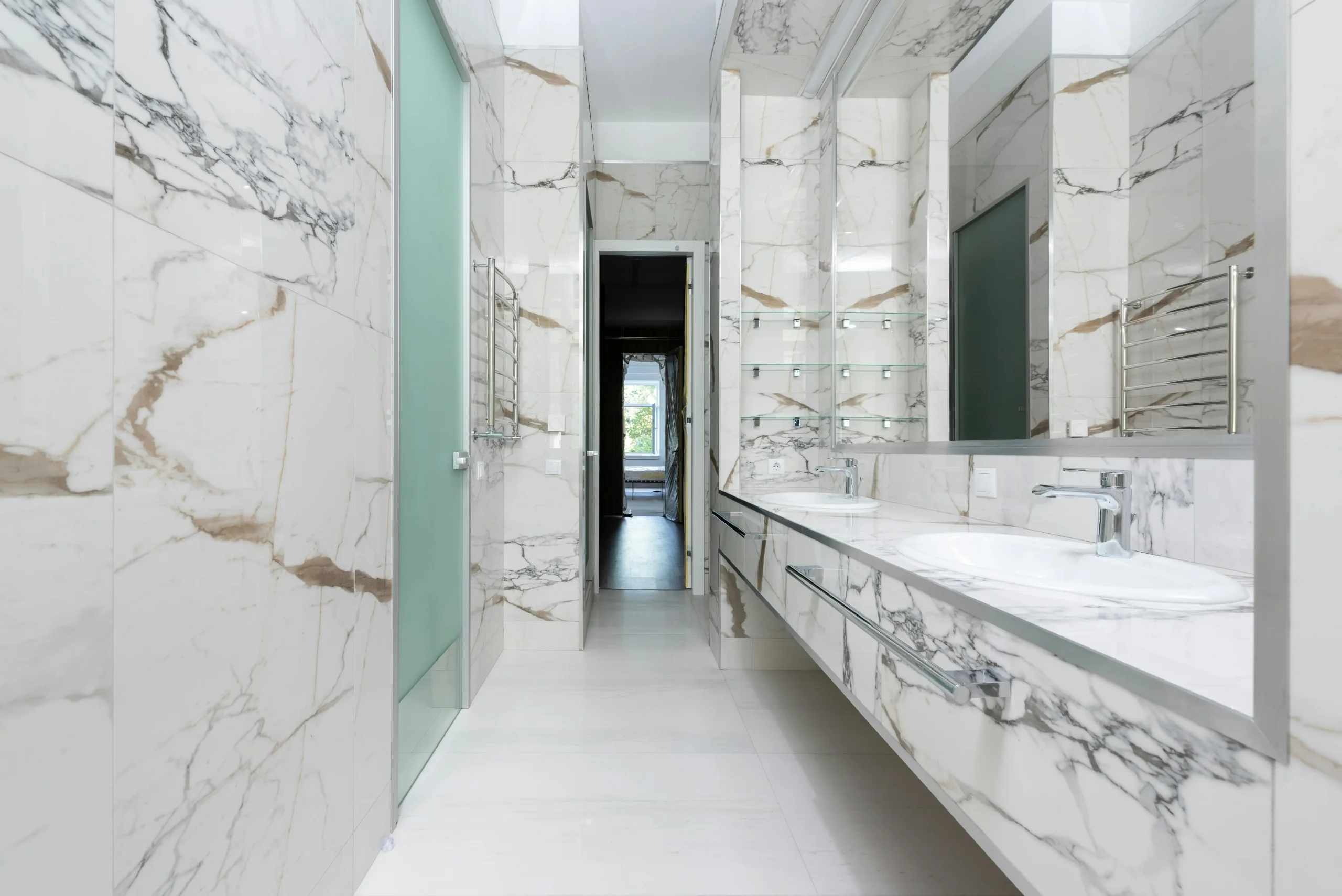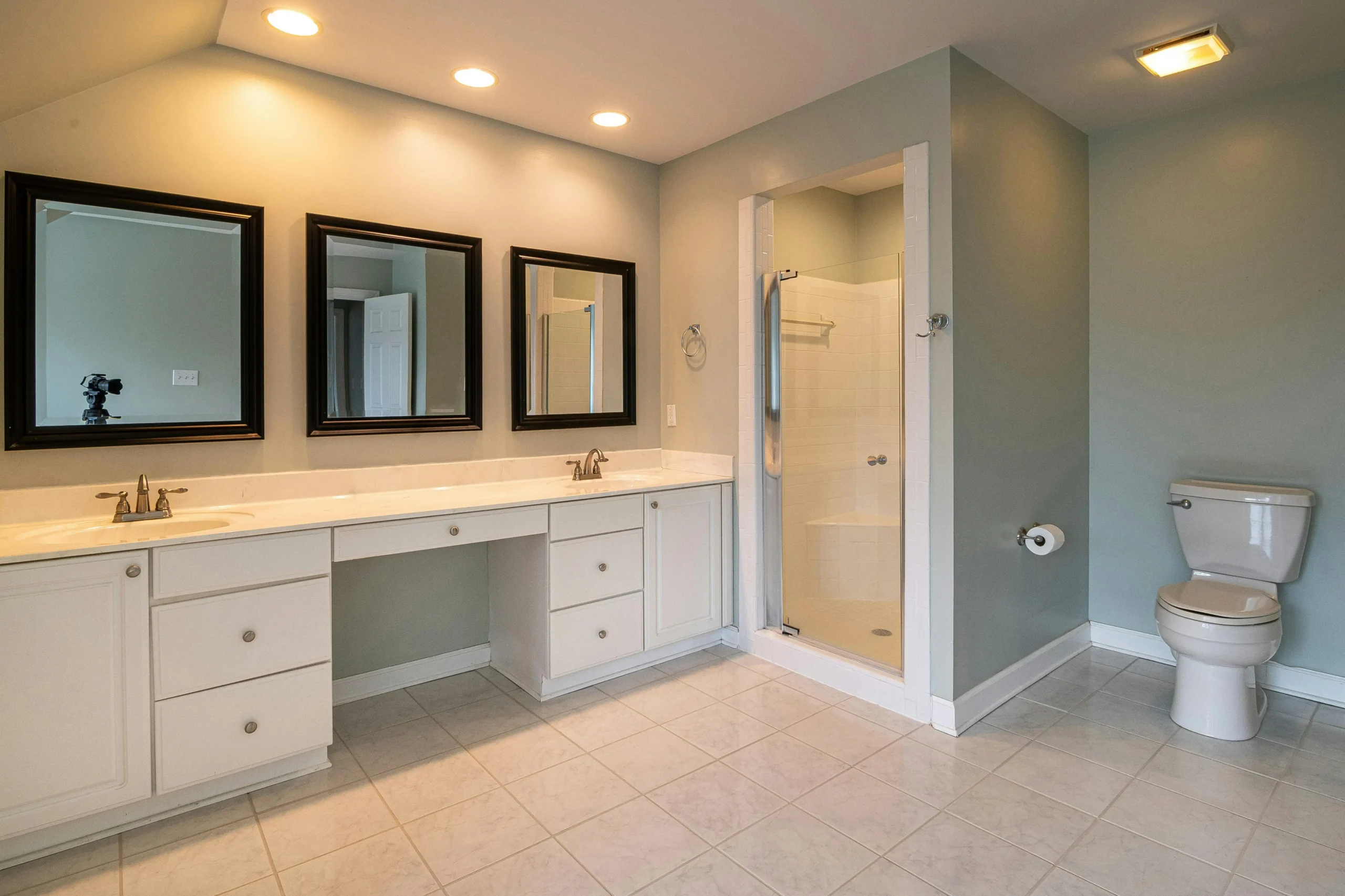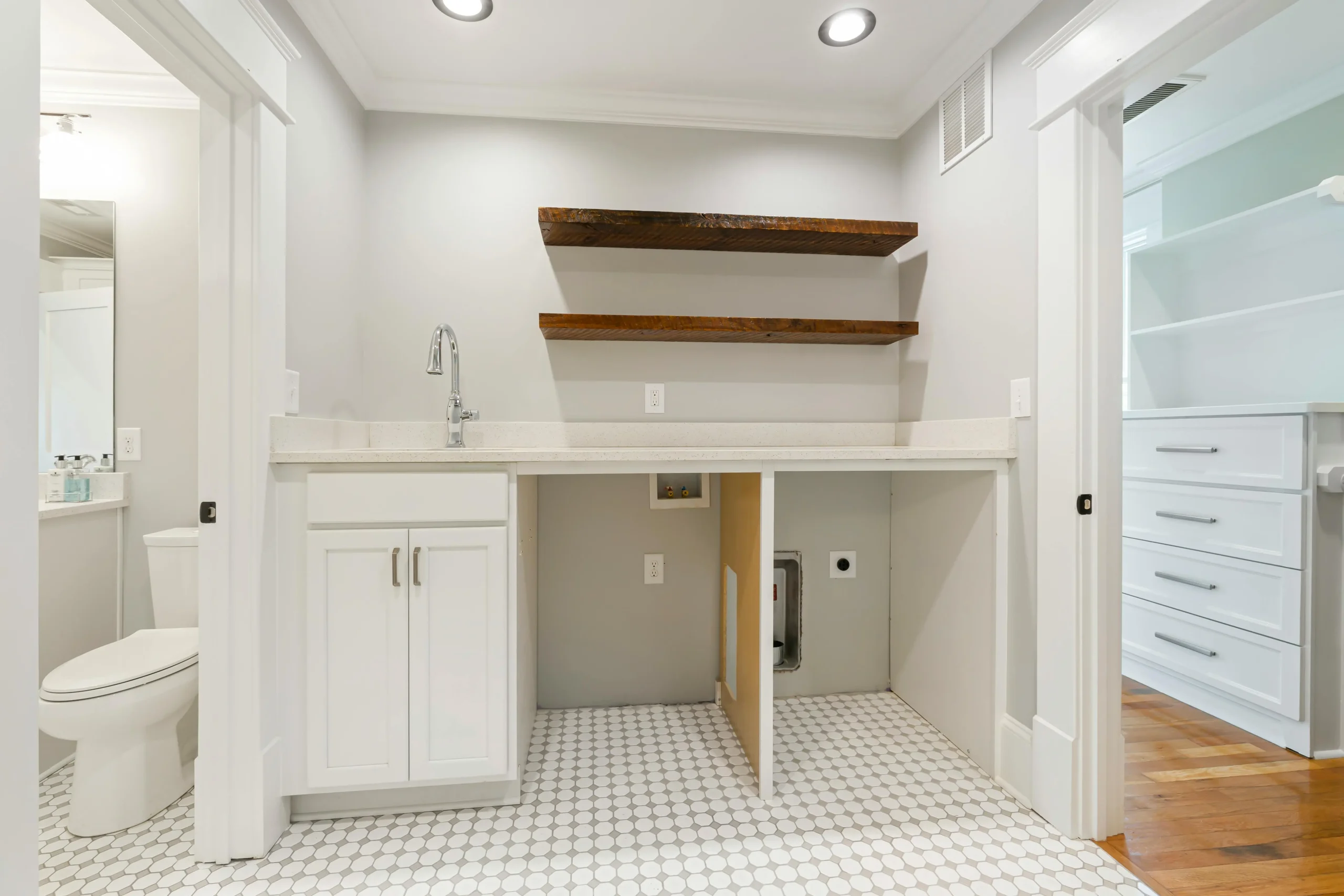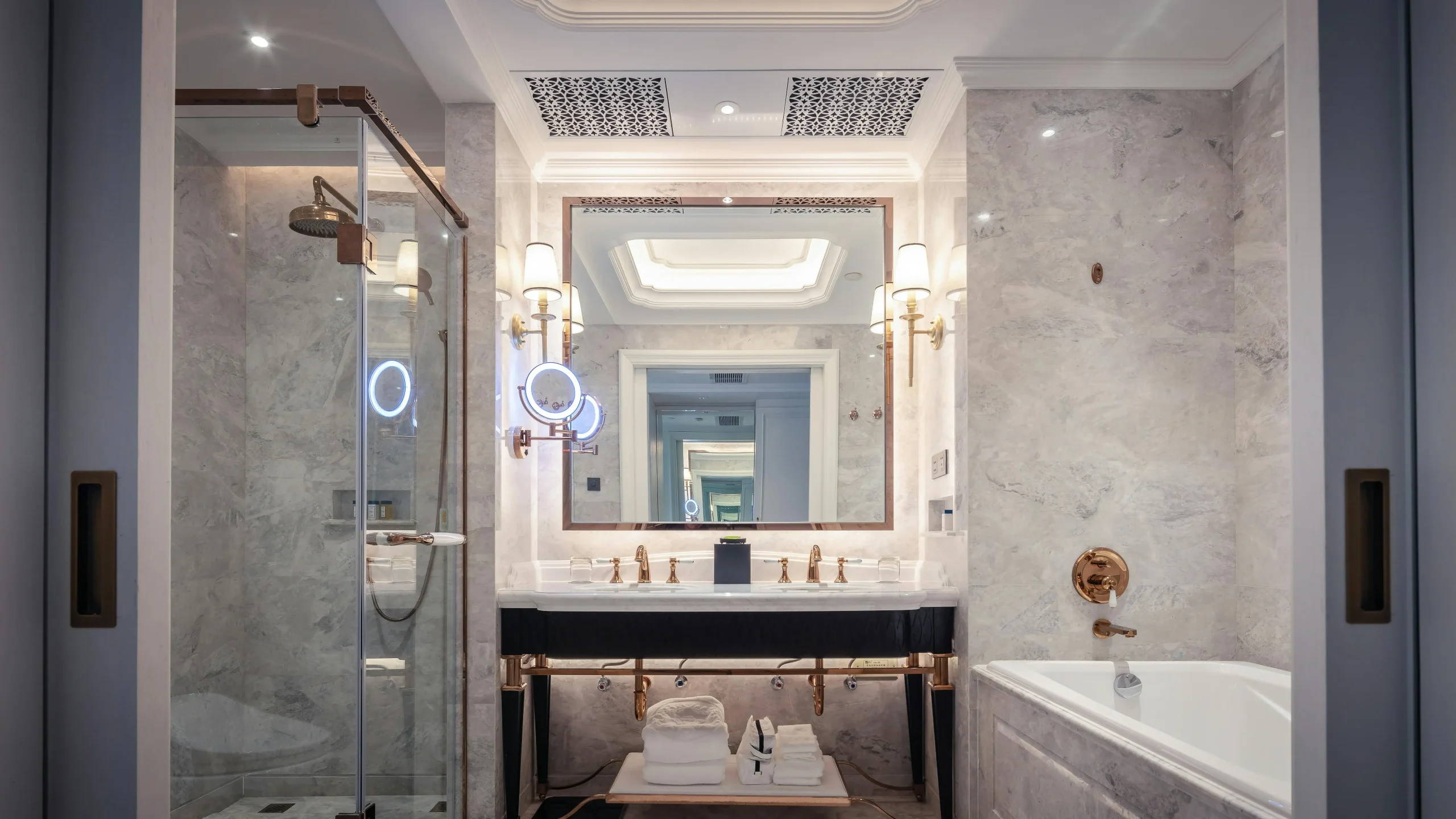Breaking Down Lakewood Kitchen Remodel Costs
Understanding the costs associated with a kitchen remodel in Lakewood requires careful consideration of multiple elements, from labor rates to material selections. On average, a moderate kitchen renovation in this area can range from $20,000 to $60,000 depending on the size and complexity of the project. Smaller updates, like new countertops or cabinet refinishing, may cost less, but full-scale remodels with structural changes and high-end appliances can exceed $80,000. The variation is largely tied to homeowner preferences, quality of finishes, and the kitchen’s existing condition. Many homeowners also underestimate auxiliary costs like permits, design fees, and temporary housing or dining arrangements. In Lakewood, older homes may also require updates to plumbing or electrical systems to meet current codes, further increasing expenses. The cost of living and local construction trends play a role too. It’s important to get multiple estimates and work with a licensed contractor who can offer transparency in pricing. Proper planning and budgeting can make a substantial difference in ensuring the remodel remains within financial reach.
Factors Influencing Remodeling Costs
Several key factors influence the final cost of a kitchen remodel, and understanding them can help prevent budget overruns. One of the most significant is the scope of the remodel — whether it’s a cosmetic refresh or a full tear-out and rebuild. The choice of materials, including cabinetry, countertops, flooring, and appliances, also dramatically affects cost. Labor rates vary based on location and the experience level of the workers involved, which can make a difference of thousands of dollars. Structural changes, such as removing walls or relocating plumbing and electrical systems, will drive up the total considerably. Additionally, permit and inspection fees, especially in regulated areas like Lakewood, can contribute to the bottom line. Design complexity and the need for custom work also increase the overall cost, as does the inclusion of smart home technology or luxury finishes. External factors like supply chain issues or seasonal labor shortages can cause delays and cost inflation. Lastly, homeowner decisions during the process — such as changes to the original plan — often add to the expense. Being well-informed helps you stay in control of these variables.
Material Costs for Major Kitchen Renovations
Materials make up a large portion of kitchen remodeling expenses, and your selections can significantly impact the final budget. Cabinets are typically the most expensive item, ranging from $5,000 for stock units to over $25,000 for custom-built options. Countertops follow closely behind, with granite and quartz being popular choices that range from $50 to $200 per square foot installed. Flooring options vary widely, with vinyl being more affordable and hardwood or tile being on the higher end. Appliances are another big-ticket item, especially if you’re opting for smart or commercial-grade models, which can cost upwards of $10,000 for a full set. Backsplash tiles, lighting fixtures, and sinks and faucets can also add thousands, depending on style and quality. Even hardware like handles and drawer pulls, though small, can accumulate significant costs when multiplied across an entire kitchen. The availability and brand of each item also influence pricing. Many homeowners are surprised by the total after all finishes are selected, so it’s important to research costs upfront. Knowing the price range of each component helps you prioritize where to splurge and where to save.
Lakewood Labor Costs for Kitchen Remodels
Labor is another major component of kitchen remodeling costs in Lakewood and can sometimes surpass material expenses, especially in complex projects. General contractors typically charge between 10% to 20% of the total project cost, while specialized trades such as electricians, plumbers, and carpenters have hourly or flat-rate fees. Depending on their expertise and the job’s complexity, hourly rates can range from $50 to $150. Custom work, like tailored cabinetry or intricate tile designs, often comes with premium labor charges. If you hire a designer or architect, expect to add an additional 5% to 15% of the project cost. Labor availability also plays a role; during peak renovation seasons, higher demand can mean higher prices or longer wait times. Additionally, older homes may require more labor-intensive updates, such as rewiring or leveling floors, which further increase labor costs. Union regulations and permit requirements specific to Lakewood may also require certified labor, which can be more expensive than standard contractors. Choosing a reputable, experienced crew ensures quality but comes at a price. Transparent communication with your contractor about all labor charges is key to avoiding unexpected costs.
Kitchen Remodel Cost Guide for Beginners
If you’re new to remodeling, navigating kitchen costs can be overwhelming. The first step is to define your goals — are you updating for aesthetics, functionality, or resale value? Once you know your purpose, you can align your budget accordingly. Basic remodels typically cost between $10,000 and $25,000, moderate ones range from $30,000 to $60,000, while upscale renovations can exceed $100,000. These figures include materials, labor, and other associated fees. Beginners should also factor in hidden costs like permits, delivery fees, and design consultations. It’s advisable to build in a 10-20% contingency fund for unexpected expenses. Prioritize must-haves versus nice-to-haves to avoid overextending financially. Research is essential — learn about material costs, trends, and contractor rates in your area. Getting multiple quotes ensures competitive pricing and helps you understand market averages. Planning ahead and setting realistic expectations will make the experience less stressful. Don’t forget that timelines often extend, especially if custom or imported materials are involved. A well-planned remodel not only updates your kitchen but adds long-term value to your home.
Budgeting Tips for Kitchen Remodels
Smart budgeting is crucial when planning a kitchen remodel, as costs can escalate quickly without careful tracking. Start by setting a maximum budget and then break it down by category — cabinetry, appliances, labor, flooring, and so on. Allocate more money to high-impact areas like cabinetry and appliances, but look for savings in finishes or lighting. Always include a contingency fund of at least 10% for surprises like mold, outdated wiring, or hidden water damage. Consider reusing existing elements, such as appliance locations or even cabinetry boxes, with new doors and hardware. Shopping during sales events or using discount warehouses can also help reduce material costs. It’s helpful to get at least three quotes from contractors to ensure competitive pricing and avoid overpaying. Avoid making changes once the project is underway, as this usually adds cost and delays. Staying organized with spreadsheets or budget-tracking apps can help you monitor spending in real-time. Be realistic about what you can afford and avoid financing beyond your means. The goal is to improve your kitchen without creating financial stress.
High-End vs. Budget Kitchen Remodel: Cost Differences
There is a dramatic difference between high-end and budget kitchen remodels, both in cost and final appearance. Budget remodels typically focus on cosmetic improvements using stock materials and DIY options, with total costs ranging from $10,000 to $25,000. These remodels may include painted cabinets, laminate countertops, and basic appliances. In contrast, high-end remodels feature luxury finishes, custom cabinetry, designer lighting, premium appliances, and possibly structural changes like open-concept layouts. These can exceed $100,000 easily. The quality and lifespan of materials also vary; budget kitchens may need updating sooner, while luxury kitchens offer long-lasting performance. Design services are another factor—budget projects often skip professional design, while high-end jobs include architects or interior designers. Functionality also differs; luxury kitchens may include built-in coffee makers, warming drawers, and high-tech lighting, which aren’t typical in economical remodels. Labor costs are higher in upscale projects due to the complexity and customization involved. Choosing between the two depends on your goals, the value of your home, and how long you plan to stay. Understanding these distinctions helps set realistic expectations and budget accordingly.
Impact of Kitchen Size on Remodel Cost
The size of your kitchen directly influences the overall remodel cost, as larger spaces require more materials and labor. A small kitchen might only need $10,000–$25,000 to update, especially if you stick to stock cabinetry and basic appliances. Mid-sized kitchens typically fall in the $30,000–$60,000 range, as they involve more cabinetry, countertop area, and potentially more complex layouts. Large kitchens, especially those over 250 square feet, often cost $70,000 or more because of their scale. More square footage means more flooring, larger countertops, additional lighting fixtures, and possibly more structural or utility upgrades. Appliances for larger kitchens may also need to be higher-capacity or include extras like a second oven or wine fridge. If you’re expanding your kitchen’s footprint, that will add significant structural and permit-related costs. Additionally, bigger kitchens often require a more detailed design plan to ensure flow and functionality. Costs can escalate quickly without careful planning and budgeting. No matter the size, efficient space planning and smart material choices can help make any kitchen remodel successful and financially manageable.
Average Price of Kitchen Remodels by Region
Remodel costs can vary significantly depending on your location, and Lakewood tends to fall in the mid-to-high range due to demand and labor pricing. Nationally, the average kitchen remodel costs between $25,000 and $60,000, but areas like New York or San Francisco can see averages over $75,000 due to higher labor and material costs. In more rural or low-cost-of-living regions, a similar project might only run $15,000–$30,000. The type of home also plays a role — older homes often require updates to meet local codes, increasing regional costs. Lakewood remodels typically reflect mid-range pricing trends, with budget projects starting around $20,000 and upscale ones exceeding $90,000. Local building codes, availability of skilled contractors, and even seasonal weather patterns can influence pricing and timelines. The economic climate of a region, such as demand for home improvement services, also affects cost. When budgeting, it’s essential to consider the local market and gather estimates from area professionals. Regional differences emphasize the need for localized planning and research, especially for homeowners relocating or managing investment properties.
FAQs: Understanding Major Kitchen Value
Homeowners often have many questions about the value a kitchen remodel can bring, especially when investing a large amount of money. One common concern is how much of the cost can be recouped at resale. While exact numbers vary, mid-range remodels often return about 60% to 80% of their cost, making them one of the more valuable home improvement projects. The quality and appeal of the finishes, layout improvements, and functionality all influence this return. Another frequent question is how long a kitchen remodel takes — on average, expect six to twelve weeks, though large projects can extend longer. People also ask whether they should stay in the home during the renovation, which depends on the extent of the work and personal comfort. Budgeting questions, such as what areas to prioritize, are also common; typically, cabinetry, appliances, and layout yield the highest impact. Some wonder if permits are necessary, and the answer is usually yes for anything involving electrical, plumbing, or structural changes. Lastly, many ask if DIY options are worth it — for skilled homeowners, they can be, but mistakes can be costly. Always weigh time, cost, and skill level carefully.
What Can I Expect for Return on Investment?
A well-executed kitchen remodel can provide a solid return on investment, particularly if the design appeals to future buyers and addresses functional concerns. On average, a mid-range kitchen renovation yields about 70% return at resale, while upscale projects tend to bring in slightly less, around 50% to 60%. This is because more expensive remodels often include personalized elements that don’t appeal universally. The ROI is also influenced by local real estate trends, buyer demand, and how the remodel compares with others in the neighborhood. A modern, energy-efficient kitchen with thoughtful layout upgrades is likely to attract more buyers and competitive offers. ROI isn’t just about resale — it also includes lifestyle value. A remodeled kitchen can make cooking more enjoyable, improve energy efficiency, and increase your home’s overall livability. To maximize return, focus on timeless finishes, neutral colors, and durable materials. Keeping layout changes minimal can also preserve plumbing and electrical lines, reducing cost and increasing efficiency. In Lakewood’s competitive housing market, a fresh, functional kitchen can significantly boost your home’s marketability and help it sell faster.
Frequently Asked Questions
Is $30,000 enough for a kitchen remodel?
Whether $30,000 is enough for a kitchen remodel depends on the size of your kitchen, the scope of the renovation, and your location. In many areas, $30,000 can cover a mid-range remodel that includes new cabinetry, countertops, appliances, and flooring, especially if you’re careful with your choices. If you’re doing a smaller kitchen or making mostly cosmetic upgrades, that budget could even stretch further. However, if you have a larger kitchen or are opting for custom cabinets, luxury materials, or high-end appliances, the costs can climb quickly. It’s important to set priorities and work with a contractor who can help you maximize your budget. Some homeowners cut costs by keeping the existing layout or doing some work themselves. Ultimately, $30,000 is a solid starting point for a functional and attractive renovation, but always leave room in the budget for unexpected expenses that can pop up during remodeling.
What is a good budget for a kitchen remodel?
A good budget for a kitchen remodel really depends on your goals, but generally, experts recommend spending between 5% and 15% of your home’s value. This range helps ensure you’re not overspending or underspending relative to your home’s overall worth. For a home valued at $400,000, for example, a kitchen remodel budget between $20,000 and $60,000 would typically be considered reasonable. Within this range, the lower end can cover basic upgrades like repainting cabinets, new countertops, or replacing appliances, while the higher end allows for structural changes, custom features, and premium finishes. Budgeting smartly also means allocating funds across various elements—like cabinets, appliances, labor, and materials—in a balanced way. Don’t forget to include a contingency amount, usually around 10-15%, for surprise expenses that arise once the work starts. Taking the time to plan a thoughtful budget will help you avoid stress and get the most value from your remodel.
What is the average cost of a brand new kitchen?
The average cost of a brand new kitchen varies quite a bit depending on where you live and how elaborate your design plans are, but most full kitchen remodels fall in the range of $25,000 to $75,000. On the lower end of that range, you might see stock cabinetry, laminate countertops, and basic appliances. As you move up in price, the finishes, materials, and appliances become more customized and higher-end. A complete kitchen overhaul—including layout changes, custom cabinets, natural stone countertops, smart appliances, and professional-grade lighting—can easily exceed $100,000 in some cases. Labor typically makes up a big portion of this cost, especially for electrical, plumbing, and installation work. The size of your kitchen, whether you’re expanding it, and how much demolition is needed will also influence the final bill. Always get multiple quotes and create a detailed plan so you understand where your money is going. Knowing what you’re paying for helps ensure you get the quality and style you want without overspending.
What is the most expensive part of a kitchen remodel?
The most expensive part of a kitchen remodel is usually the cabinetry. Cabinets can easily take up 25% to 30% of your total renovation budget, especially if you opt for custom designs, high-end finishes, or specialty storage solutions. Custom cabinetry is built to fit your space perfectly and offers a tailored look, but it comes at a premium price due to the labor and materials involved. Even semi-custom cabinets can be pricey if you’re adding special features like soft-close hinges, pull-out trays, or integrated lighting. Besides cabinets, labor and installation costs can also be a major expense, particularly if your remodel involves plumbing or electrical updates. Countertops—especially natural stone like granite or quartz—can also add a significant amount to the overall cost. While appliances can vary widely in price, they’re typically not the single most expensive element unless you’re choosing top-of-the-line models. If you’re looking to save money, cabinets are often the best place to explore cost-effective alternatives without compromising too much on quality.

